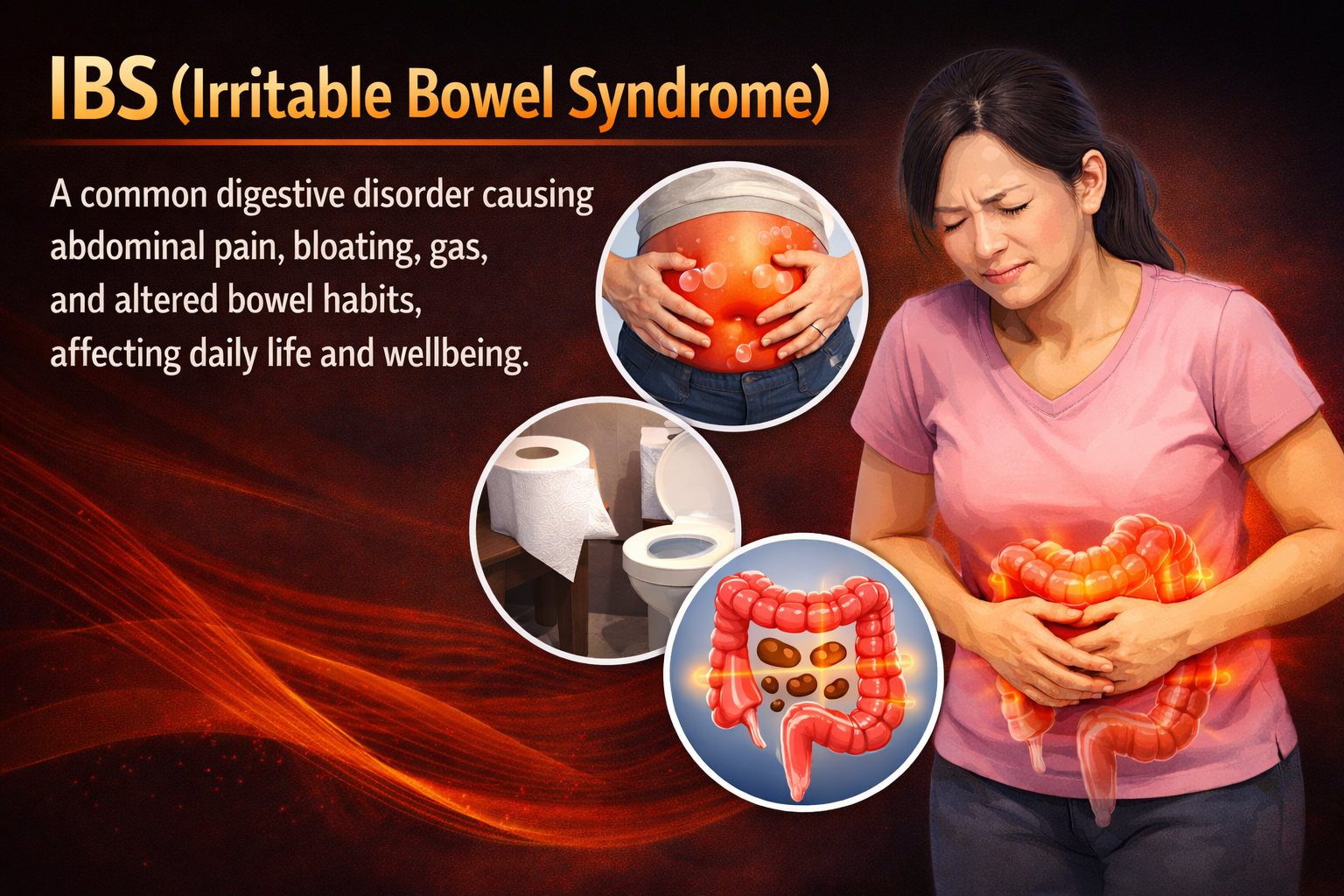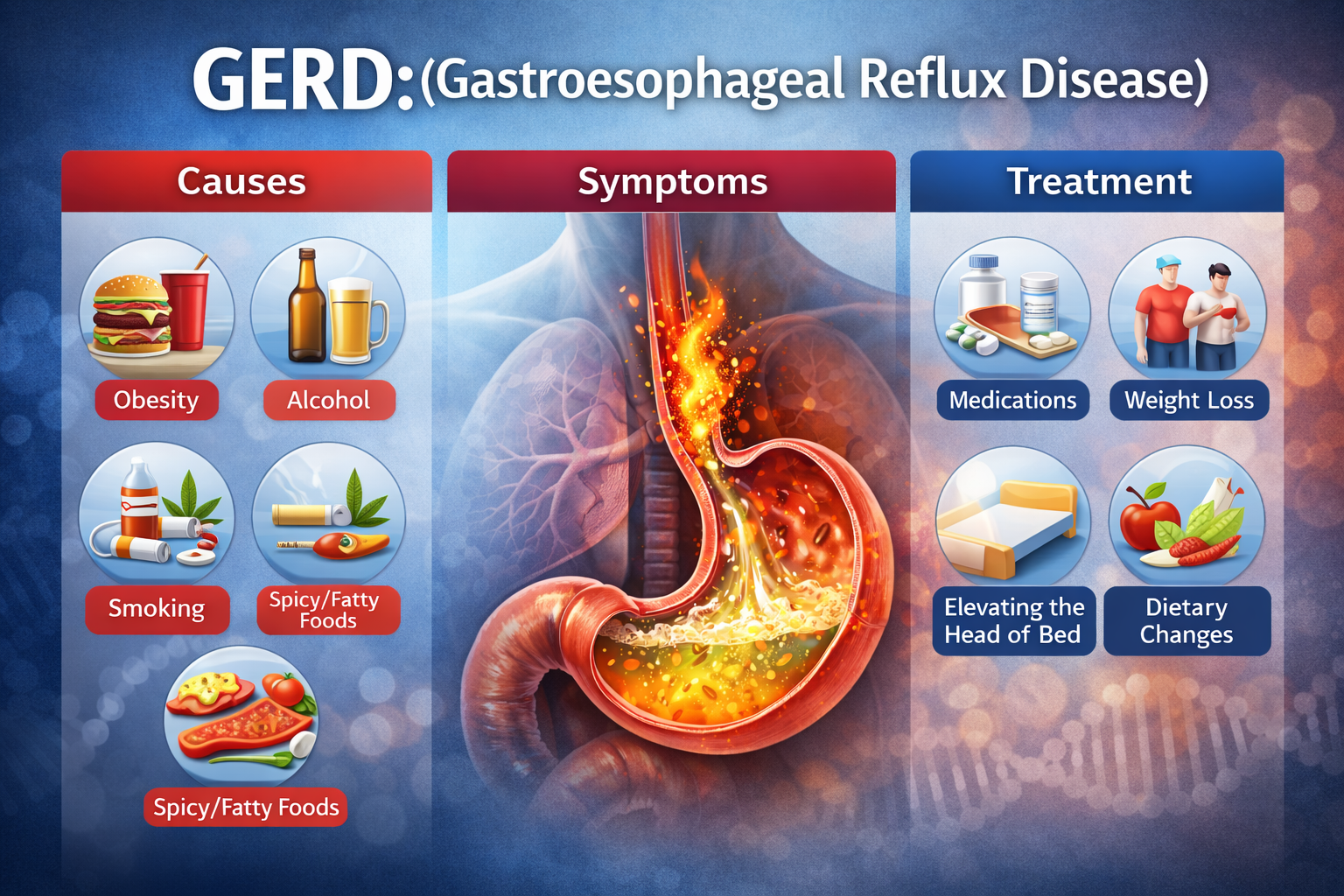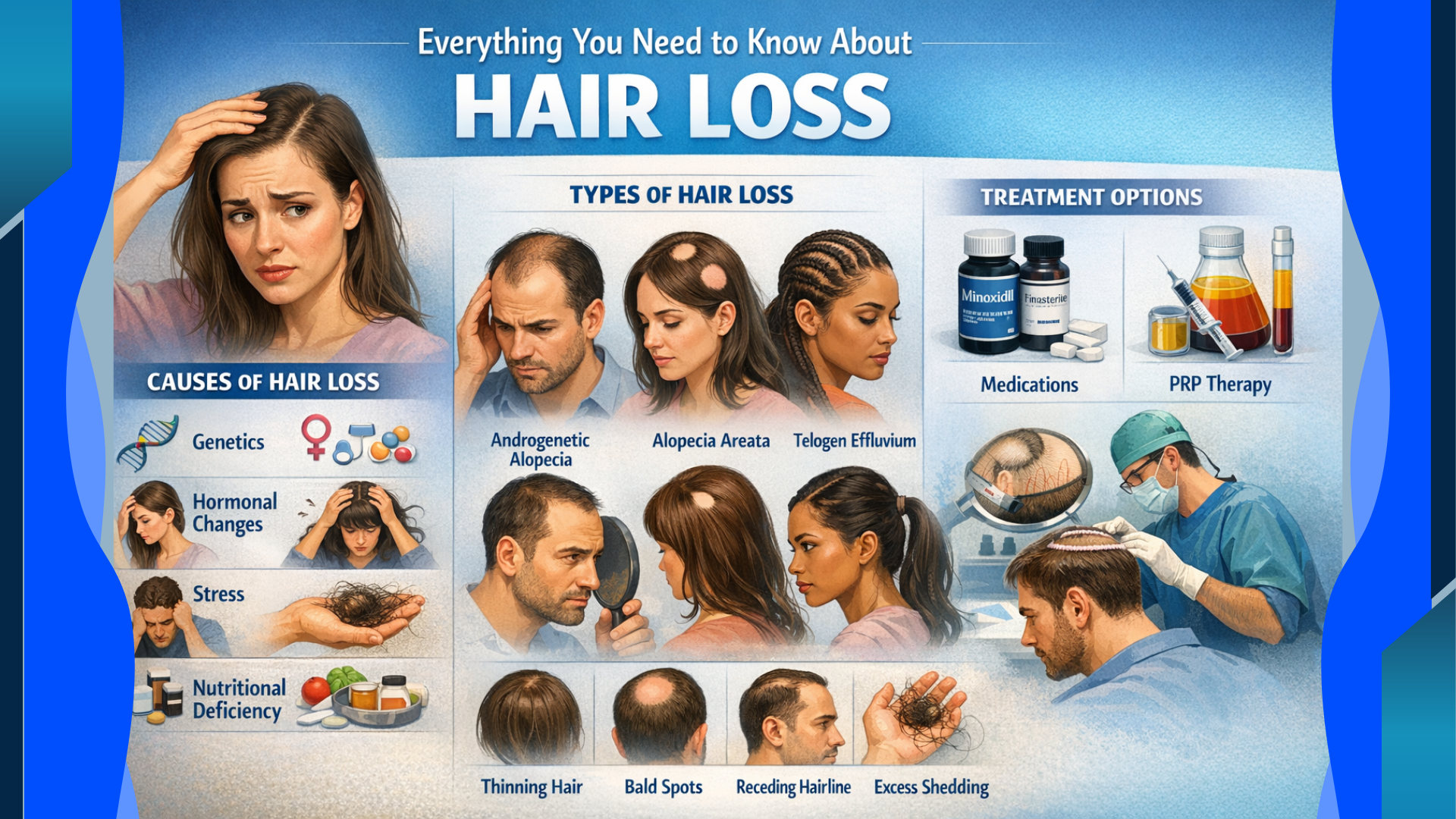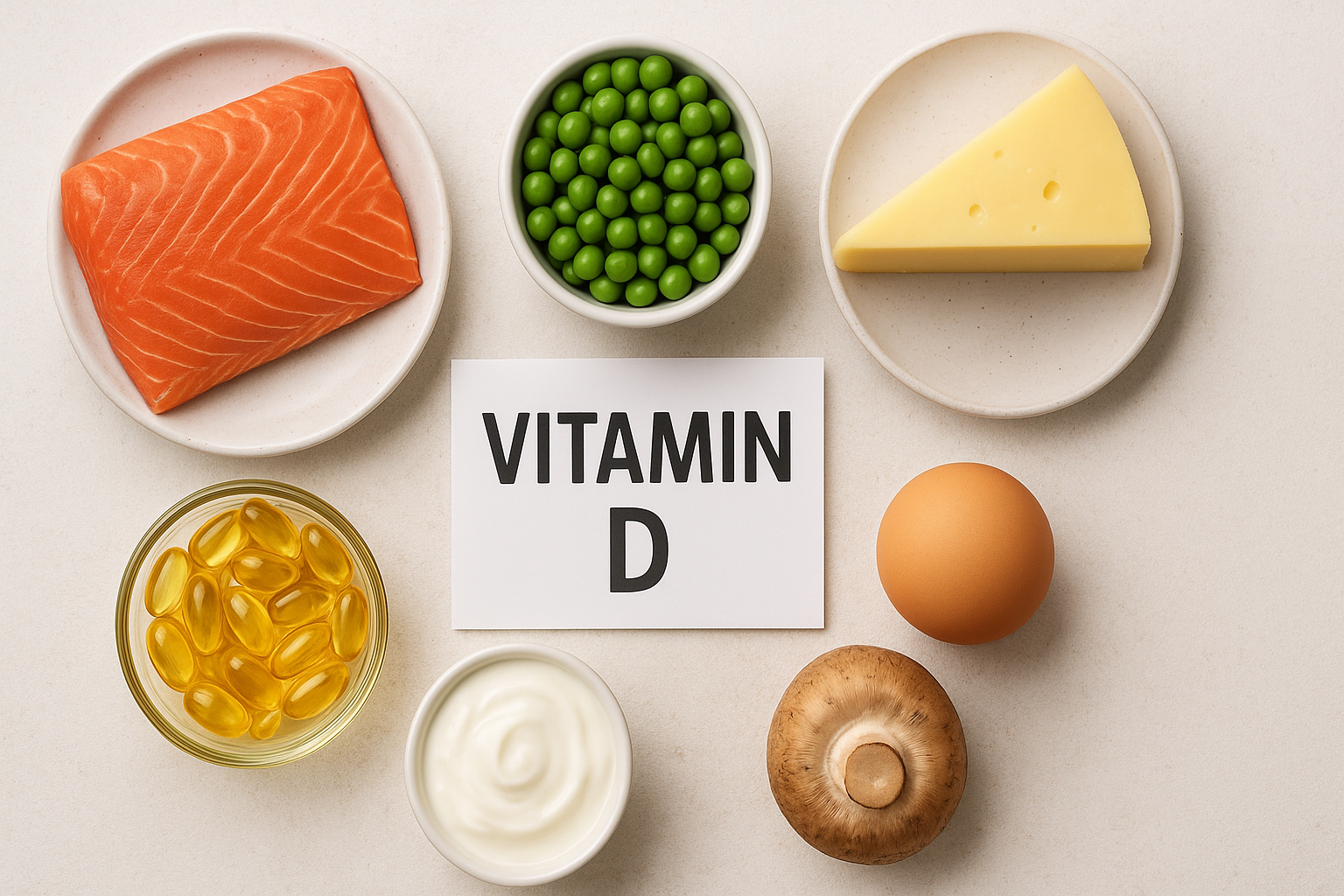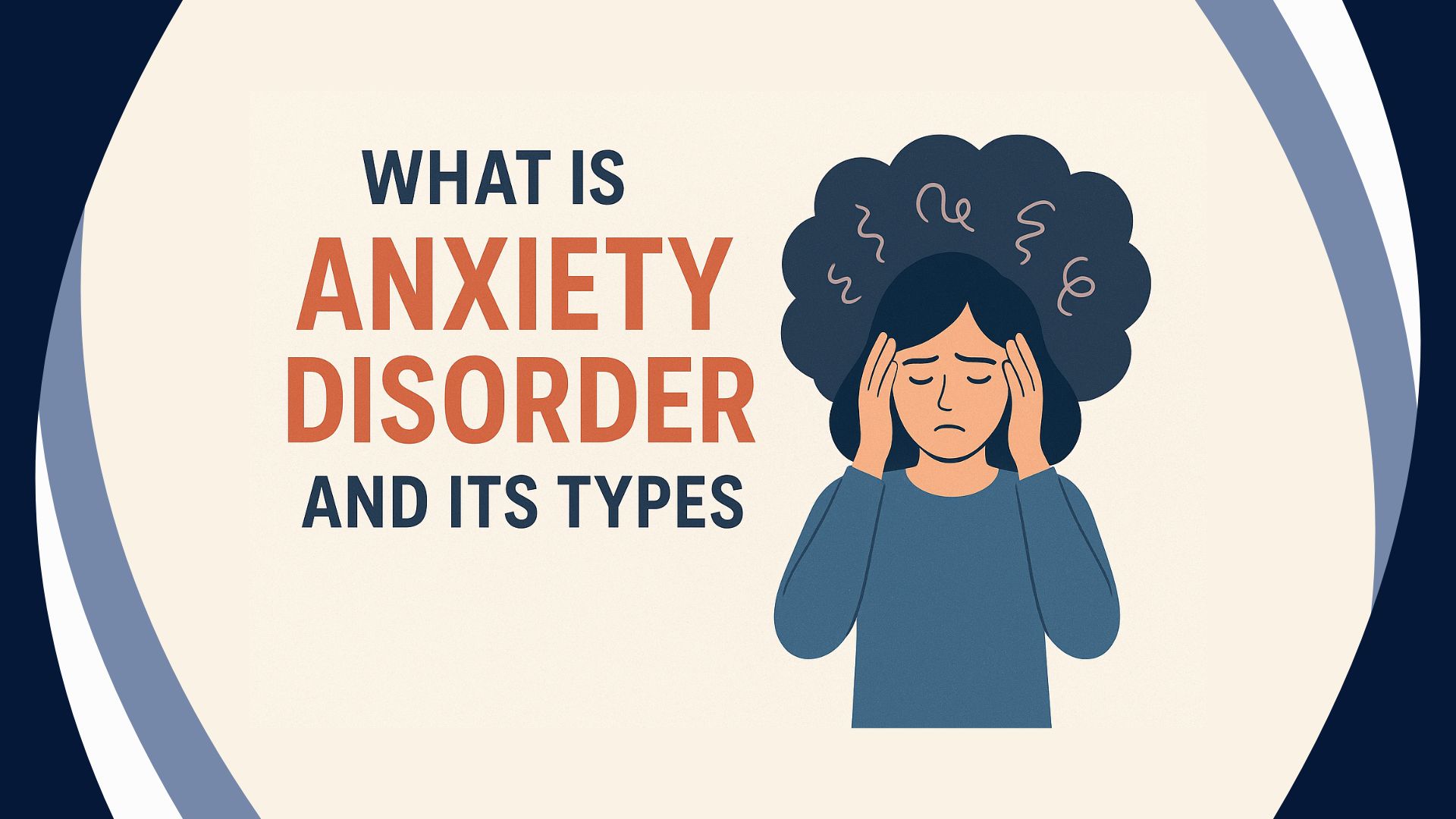Hormonal Imbalance

Hormonal imbalance happens when the levels of hormones in your body are too high or too low. Hormones are like chemical messengers that help control many important functions in your body, such as growth, metabolism, mood, and reproductive processes.
What Are Hormonal Imbalance ?
Hormonal imbalance is when the levels of hormones in your body are either too high or too low. Hormones are chemicals that help control important functions like growth, mood, and metabolism.
What Causes Hormonal Imbalance?
An imbalance can occur for several reasons:
- Stress: High stress can disrupt hormone levels.
- Diet: Poor nutrition can affect hormone production.
- Medical Conditions: Certain conditions, like thyroid problems or diabetes, can cause imbalances.
- Medications: Some drugs can interfere with normal hormone levels.
- Age: Hormone levels naturally change with age, such as during puberty or menopause.
Symptoms: When hormones are out of balance, you might experience a range of symptoms depending on which hormones are affected. Common signs include:
Mood Swings: Feeling unusually anxious, depressed, or irritable.
Fatigue: Feeling excessively tired even after sleeping.
Weight Changes: Gaining or losing weight unexpectedly.
Skin Issues: Experiencing acne or dry skin.
Digestive Problems: Issues like bloating or irregular bowel movements.
Reproductive Health: Irregular periods, infertility, or changes in libido.
Treatment for Hormonal Imbalance :
1. Lifestyle Changes:
- Diet: Eating a balanced diet rich in fruits, vegetables, lean proteins, and whole grains can help regulate hormone levels. Avoiding excessive sugar, caffeine, and processed foods is also beneficial.
- Exercise: Regular physical activity can help balance hormones by improving insulin sensitivity and reducing stress levels.
- Stress Management: Techniques such as meditation, yoga, deep breathing, and adequate sleep can help manage stress, which in turn can balance hormones.
2. Medical Treatments:
- Hormone Replacement Therapy (HRT): This involves taking hormones to replace those that are low or out of balance. For example, women going through menopause might use Estrogens or progesterone therapy.
- Medications: Certain medications can help regulate hormone levels. For instance, birth control pills can help balance hormones in conditions like polycystic ovary syndrome (PCOS).
- Thyroid Medications: If thyroid hormones are out of balance, medications like levothyroxine can help normalise thyroid function.
3. Treating Underlying Conditions:
- Addressing Health Issues: If an underlying condition is causing the imbalance (such as thyroid disease or diabetes), treating that condition can help normalise hormone levels.
- Managing Chronic Conditions: Proper management of chronic diseases like diabetes or adrenal disorders can improve hormone balance.
4. Natural and Alternative Therapies:
- Herbal Supplements: Some people use herbal remedies like black cohosh or evening primrose oil, though it’s important to consult with a healthcare provider before starting any supplements.
- Acupuncture: Some studies suggest that acupuncture may help balance hormones, especially in the context of fertility and menstrual irregularities.
5. Regular Monitoring:
- Testing: Regular blood tests or other diagnostic tools can help monitor hormone levels and assess how well treatments are working.
- Adjustments: Based on test results, doctors may adjust treatments to better address the hormonal imbalance.
6. Consultation with Specialists:
- Endocrinologists: These doctors specialise in hormone-related conditions and can offer more targeted treatments and advice.
- Gynaecologists or Urologists: For reproductive hormone issues, these specialists can provide focused care.
